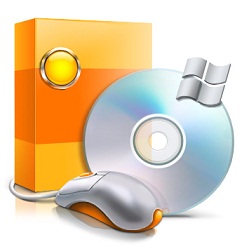Software Piracy Definition

Software piracy is defined as unauthorized copying of software. When you purchase software from market you become the licensed user as per the terms & conditions. In most of the cases copying of software is allowed only for backup purposes. But when you try to lend or rent this software or making local prints for selling, it is regarded as piracy. Even though the software parent companies are trying hard to prevent the users from illegal copying of the software, but the measures are not fully effective. Any person who makes ‘piracy copy” (not having license from the author/ company to make a copy) of literary, dramatic, software, musical work or of a film clearly copies by reproducing the work in a material form thereby; infringing copyright of author.
In Microsoft Corporation v. Yogesh Papat – it was found that the defendants were loading the software of plaintiff on the hard disk of computers sold by them without any license. When software is sold, the purchaser gets a licensed agreement setting out the terms of the permissible user of the software which is contained in a floppy/CD. The defendants in this case did not have any permission from the plaintiff to copy or sell the licensed programs as per software developed by the plaintiff. The defendant was held liable for infringement.
In Computer Associates International Inc. v. Altai Inc – In early 1990s the software writers started to complain that the protection given by courts by way of “look & feel test” was very broad and as such was inhibiting new developments and, therefore, should be replaced by “Abstraction, Filtration and Comparison” Test.
Who commits Software piracy?
- It is reported that 78% of the piracy occur due to evil motivation and for fun earning. Colleagues or friends motivate these persons to pirate this soft ware and sometimes they get paid for that too.
- ‘Corporate hackers’ are also greatly involved in pirating. Their tend is to lower the image of these corporate and they are paid with huge some money either form the competitors or evil souls of the society.
- Various studies also show that piracy/hacking of software is conducted by high skilled persons who are suffering with unemployment.
- Most of the pirated web sites are available on internet these days, so these website mangers are also no less in copying the software.
Software Piracy Penalties
Penalty is usually imposed for the direct damaged caused to the plaintiff and for the profit secured by the defendant by illegally using plaintiff’s soft ware work.
